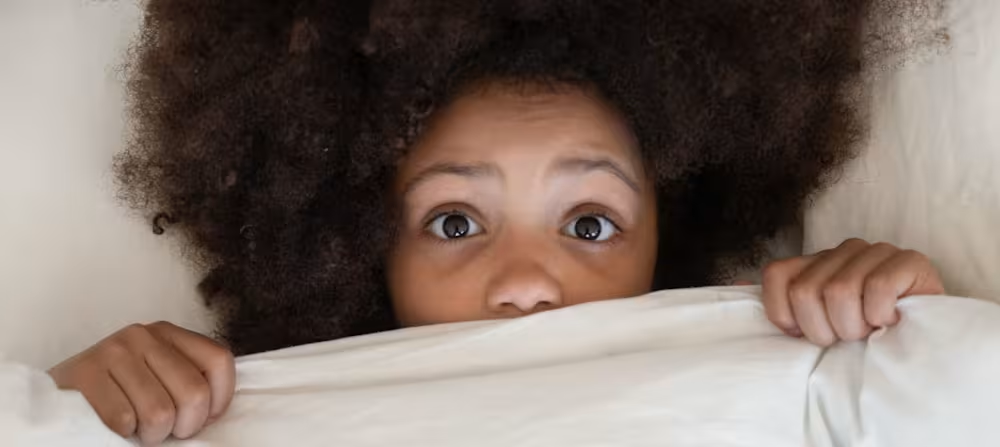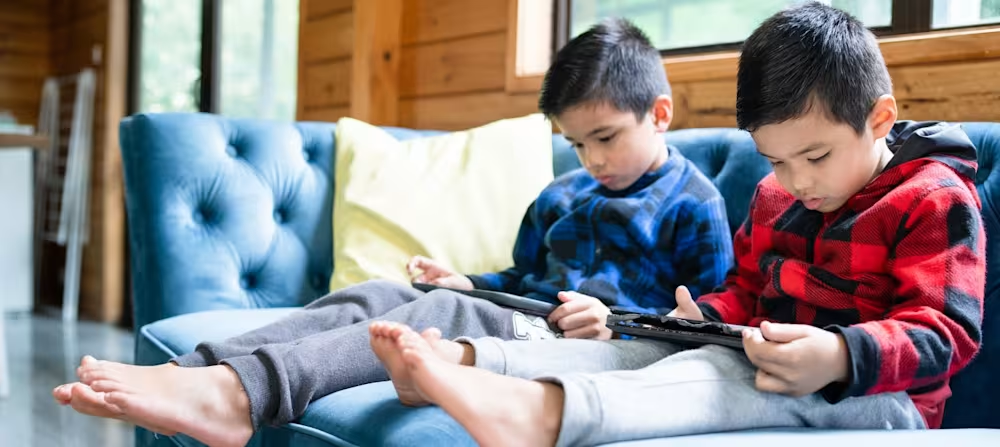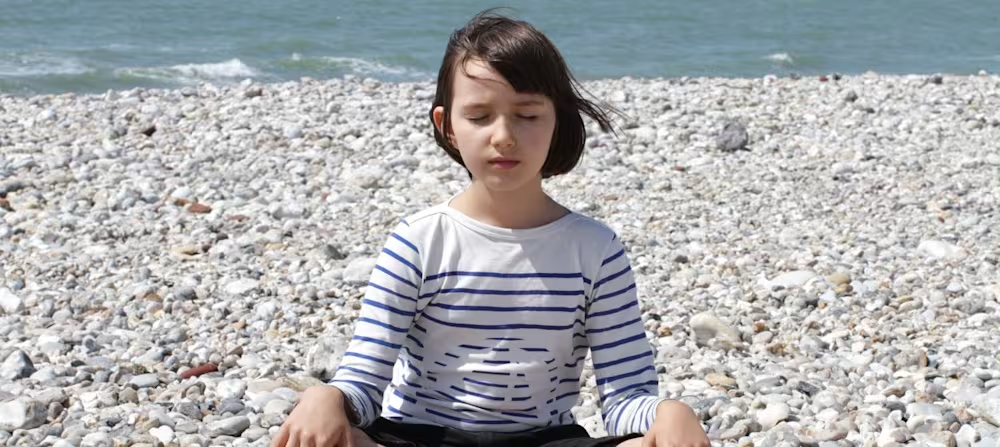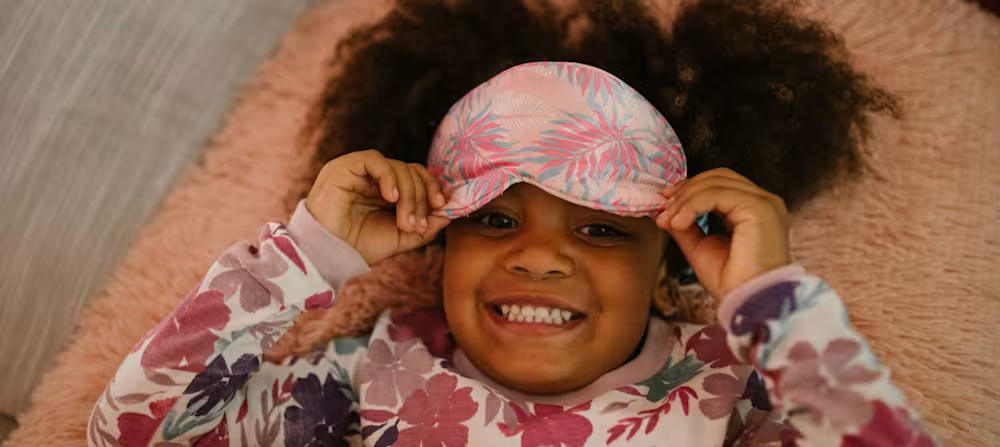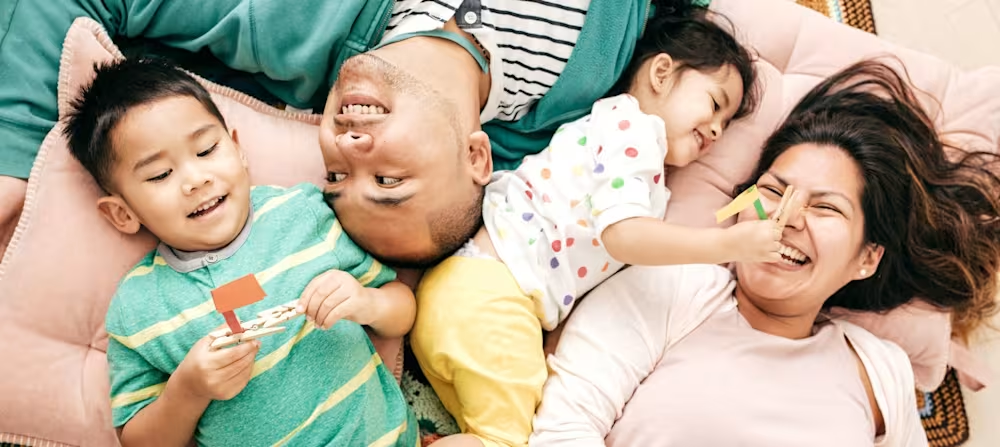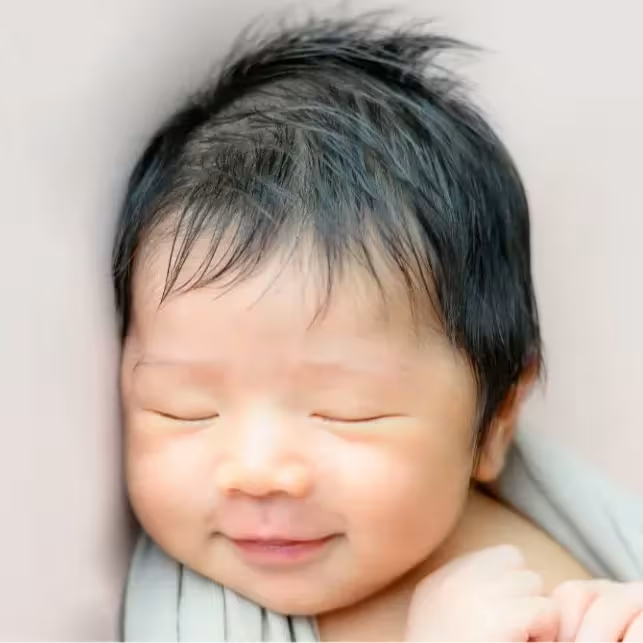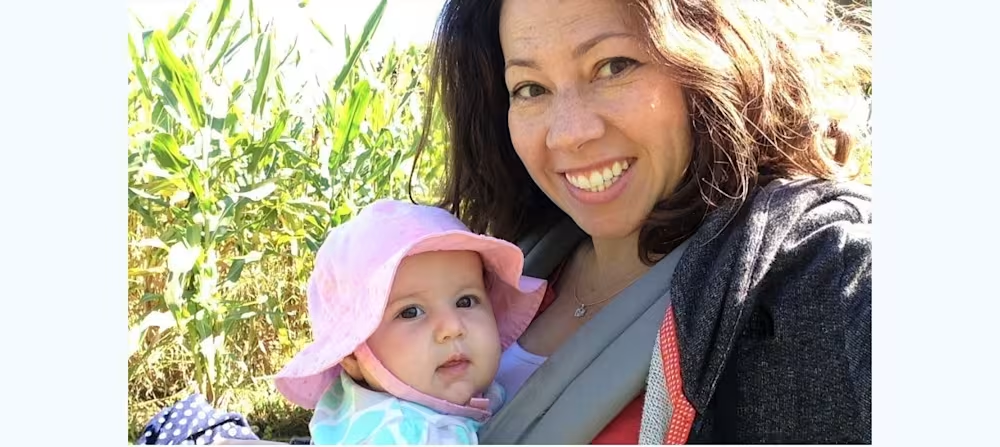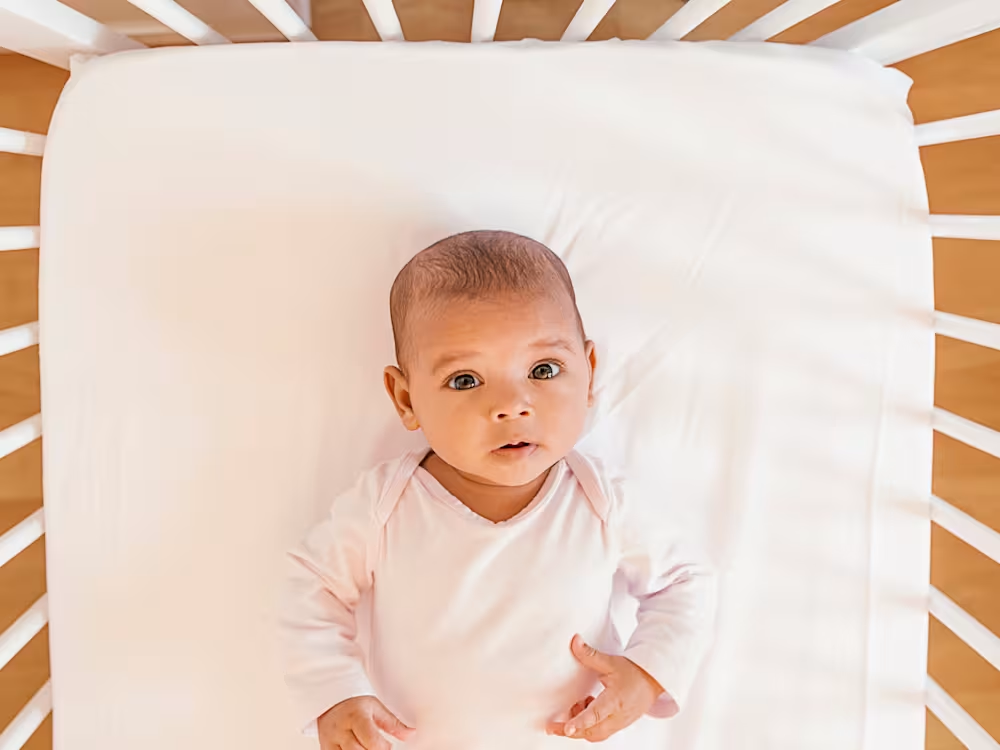Melatonin for kids: Is it safe for kids to take melatonin?
Updated Oct 16, 2025

What’s this, you may ask? A gummy that will make my child fall asleep? It’s the magic I’ve been searching for! Sadly not. While melatonin is now widely available in a variety of forms, it’s not the quick-fix, long-term solution to solving your child’s bedtime battles or disrupted nights you may be looking for.
What is melatonin?
Melatonin is a natural hormone secreted by the pineal gland in our brains. It signals to our bodies that we need to start preparing for sleep and helps us feel calm and ready for bed. Our levels of melatonin naturally start to rise as bedtime approaches and stay with us most of the night. Melatonin levels start to dip towards morning as our bodies progress through our natural 24-hr cycle (also known as circadian rhythm) and prepare for the morning.
Aside from the melatonin produced naturally by our bodies, there are melatonin supplements available. In the United States, melatonin is available in tablets, gummies, and liquid forms over the counter. However, melatonin is not regulated by the FDA. In the UK, EU, Canada, Australia, and other countries, melatonin supplements are available on prescription only.
Even in the US where it’s readily available (and widely used amongst the adult population), it’s not recommended by the American Academy of Pediatrics (AAP) [] for general use as a sleep aid by children. It can, however, be recommended by doctors for kids with neurodevelopmental disorders in some circumstances.
Is it safe for kids to take melatonin?
In short, we just don’t know. To assess safety, prescribed and non-prescribed products need to go through a bunch of rigorous scientific studies and trials. If the studies haven’t been done, it doesn’t mean they aren't safe, but it just means we simply don’t know enough at this current point in time.
There have been concerns documented about the long-term effect of melatonin on the reproductive system, but more evidence to explore this link is still needed.
There are huge concerns that what you buy in the US isn’t necessarily what you receive. Melatonin dosage isn't also what's stated on a label as a study showed that over-the-counter chewable tablets (most likely to be used by kids) stated they contained 1.5mg of melatonin, but really contained as much as 9mg []. Sadly, child hospitalizations and more serious outcomes due to melatonin ingestion have increased substantially [] over the past decade.
This is why it’s so important that decisions about taking melatonin are discussed in depth with your child’s pediatrician. They will weigh up the pros and cons of your situation, your child, what we know, and what we don’t, to make a personalized recommendation. They may also recommend the melatonin dosage for kids and the melatonin dosage by weight.
Benefits of melatonin for kids
May help sleep onset disorders
For kiddos with conditions such as autism [], anxiety, and ADHD, melatonin may be helpful in addressing sleep onset disorders. We’re still learning, but some studies have shown it may help with the process of winding down and falling asleep, something that kiddies with autism spectrum disorders (ASD) and other conditions find difficult.
May help children with ASD anxieties
Some children with ASD experience anxieties associated with their condition and early research has shown melatonin may be able to help too.
May help sleep onset delay
Some older children and teenagers experience sleep onset delay. They don’t feel tired until later in the evening, so they have trouble falling asleep. They then have to be up early for school and miss out on the hours of sleep needed to be productive the next day. Melatonin can help “shift” their schedules enabling them to feel tired earlier in the evening and therefore catch more hours of sleep. In this case, melatonin is used short-term to help shift their schedule.
Side effects and risks of melatonin for kids
Like all medicines and supplements, there can be both common and uncommon side effects. The most common side effects of taking melatonin are documented as
headache
dizziness
nausea
drowsiness
For the complete list of side effects, please, check directly with the product manufacturer.
Safe alternatives to melatonin for kids
Limit white & blue light
In the run-up to bedtime, limit white and blue light as they can suppress the body from producing melatonin naturally. This may be as simple as using low light after bathtime before bed and keeping the bedroom dark at nighttime. Tablet and phone screens also emit white and blue light so try and limit screen time before bed, choosing quiet activities such as books instead.
Provide a massage
Instead of melatonin for babies, try incorporating a little baby massage into your bedtime routine can be soothing for your little one and also an excellent cue that it’s time to sleep. It also has a ton of other benefits like providing opportunities for all caregivers to bond with their babies.
Meditation and mindfulness
Audio apps such as Calm and Headspace have guided meditations which can help signal to the body that it’s time to relax and sleep. Meditation and are great tools to calm pre-schoolers and older children.
Sleep tips instead of melatonin for kids
If you don’t want your kiddo to take melatonin, here are some sleep tips:
Make time for a .
Not only does it help create healthy lifelong sleep habits, but it also helps your child manage that transition period between day and night.
Where possible, try for a predictable schedule.
This helps to ensure your baby or child has had enough day sleep and won’t go to bed over or under-tired. Try out our with a Huckleberry Plus subscription.
Look into sleep hygiene.
A well-thought-through can really help promote a sense of calm, and signals that it’s time to sleep. Create a little by checking out our tips.
Make sure your for sleep are age-appropriate.
As children get older, the number of hours of sleep needed in a 24-hour period decreases. Moving into preschool years, bedtime may also start to shift later. Make the most of the to help ensure your child’s sleep needs are met.
Tips for parents that decide to use melatonin
Tip #1
Check directly with the product manufacturer's standards for melatonin supplement production.
Tip #2
Look at the product label for the USP Verified mark.
Tip #3
Contact your pediatrician about melatonin dosage for kids and melatonin dosage by weight.
Takeaway
While melatonin is a natural hormone that signals to our bodies that we need to start preparing for sleep and helps us feel calm and ready for bed, we don't know if melatonin as a supplement is safe for babies and toddlers. There may be potential benefits and side effects. We encourage you to look at safe alternatives and consult your pediatrician if you have concerns about supplemental melatonin.
Share article:
Note: The content on this site is for informational purposes only and should not replace medical advice from your doctor, pediatrician, or medical professional. If you have questions or concerns, you should contact a medical professional.
4 Sources
Share article:
